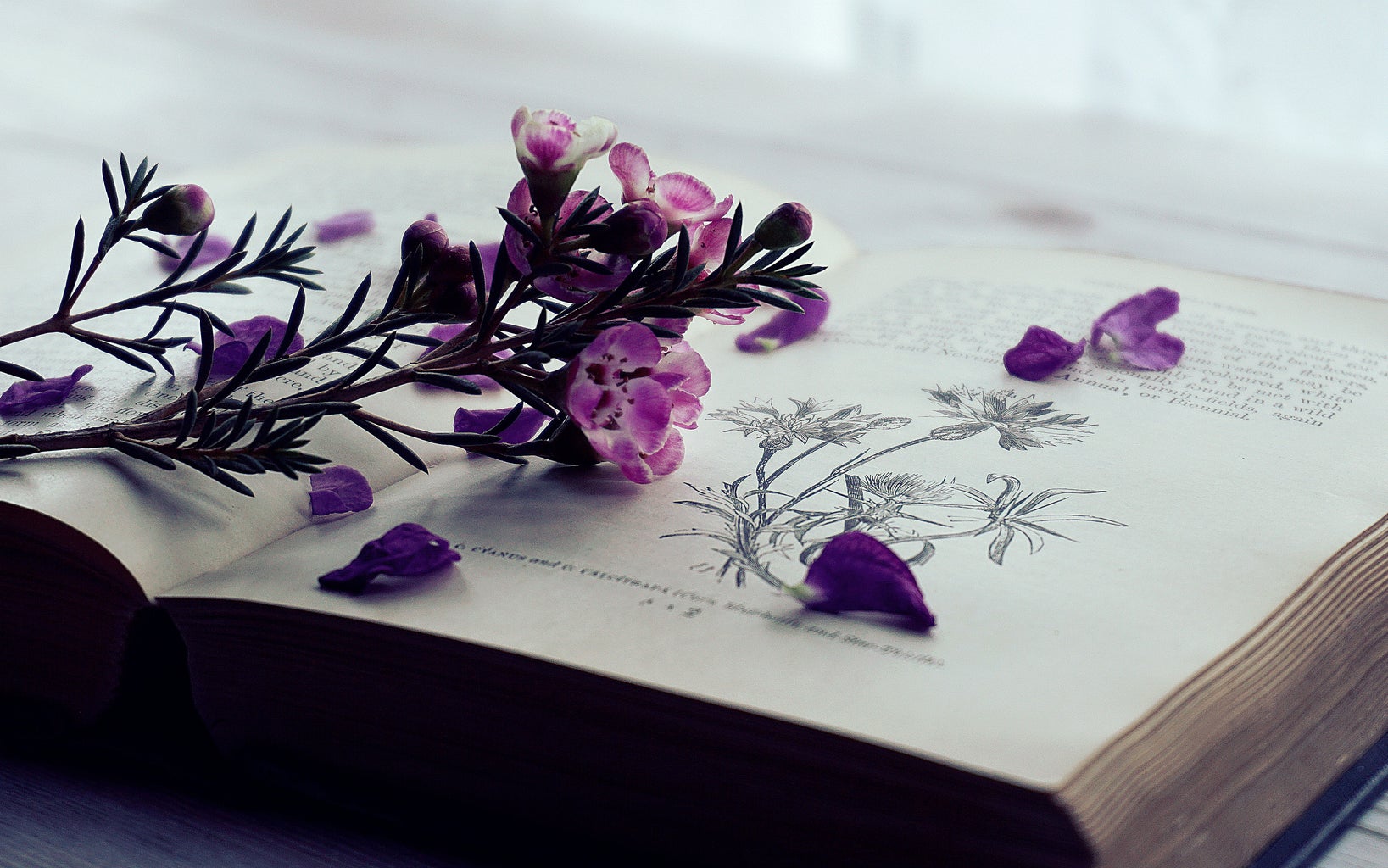When I was in high school and contemplating a university path in English, I pictured something vaguely along the lines of reading a bunch of “old” books. Though I’d read Charles Dickens and Victor Hugo, I hadn’t fallen in love with them, so I had adopted a blanket view of “classic literature” as generally old, boring, and exclusively written by and about old white men. Except for Jane Austen, of course, who I took as the one shining beacon among a bunch of dusty old authors. She seemed like the only exception. Regardless of these notions, I chose the English path.
Now, I’m a couple years into my degree and I’m thrilled to say I was completely wrong. There are actually lots of interesting, dramatic, and explosive books from the 1800s onwards that challenged their contemporary social boundaries. Many authors breathed life into characters, making them brave or gender-bending or petty or impassioned about social justice in their own times. I’ve been able to read a number of these fascinating books in my 19th Century British Fiction class, and I’m so glad I didn’t listen to the little high-school-me voice in my head telling me it would be boring. Here are a few of my favourites so far!
The Woman of Colour by Anonymous
I had never heard of this novel’s existence until last semester, and I wish I’d known about it sooner. The Woman of Colour was anonymously published in 1808. It follows Olivia Fairfield, the biracial daughter of a white father and a Black mother enslaved to him, as she travels from Jamaica to England after her father’s death. The novel takes place shortly after the British slave trade was abolished. As a Black heiress in a time when she cannot have full legal control over her own inheritance, Olivia must choose between marrying her white first cousin or relying on his older brother (a less than savoury character) for financial security. As she navigates her new situation and acquaintances, she writes letters to her close friend in Jamaica, offering withering critiques of Britain, the slave trade, and the racism she faces there. Olivia is a strong, sharp protagonist, and her experience in 19th century Britain is well worth the read.
Wuthering Heights by Emily Brontё
I had heard of this novel before but had never picked it up—wow, was I ever missing out. In this story, the trauma of losing parental figures pushes young Catherine and Heathcliff to form an intensely codependent bond. It’s not exactly a love story, and the characters aren’t exactly good people—in fact, both are deeply manipulative, violent, and jealous to the point of fury in different ways. The world Emily Brontë creates is full of abuse and torment, and Catherine and Heathcliff’s love is monstrous and mutually destructive. What I love about Wuthering Heights is that its characters feel so real and complex. There are several points where the trauma they endure, and inflict on others, is as raw and present as an exposed nerve. However long ago this novel was written, the emotions still resonate today.
The Woman in White by Wilkie Collins
Culturally speaking, this novel is like the 19th-century version of Euphoria or The Last of Us. If you’ve tuned in religiously to weekly TV shows, desperately waiting for the next episode and feeling the buzz it generates among fans, you know what it was like for early readers of The Woman in White. Wilkie Collins was among the first to publish “Sensation Fiction” starting in 1859, and it’s exactly what it sounds like. Sections of this sensational novel were published one by one in magazines and quickly took the area by storm. Nefarious plots, asylums, spies, and daring escapades abound. My favourite character is Marian Halcombe: on the surface, she seems to carry a lot of internalized misogyny, but she’s also a fascinating example of gender-bending, as her actions and views blur the traditional lines between male and female in the 19th century.
So, next time you question whether to read a novel from the 19th century, pick one of these recommendations up! I promise you, you’re in for a wild ride.




